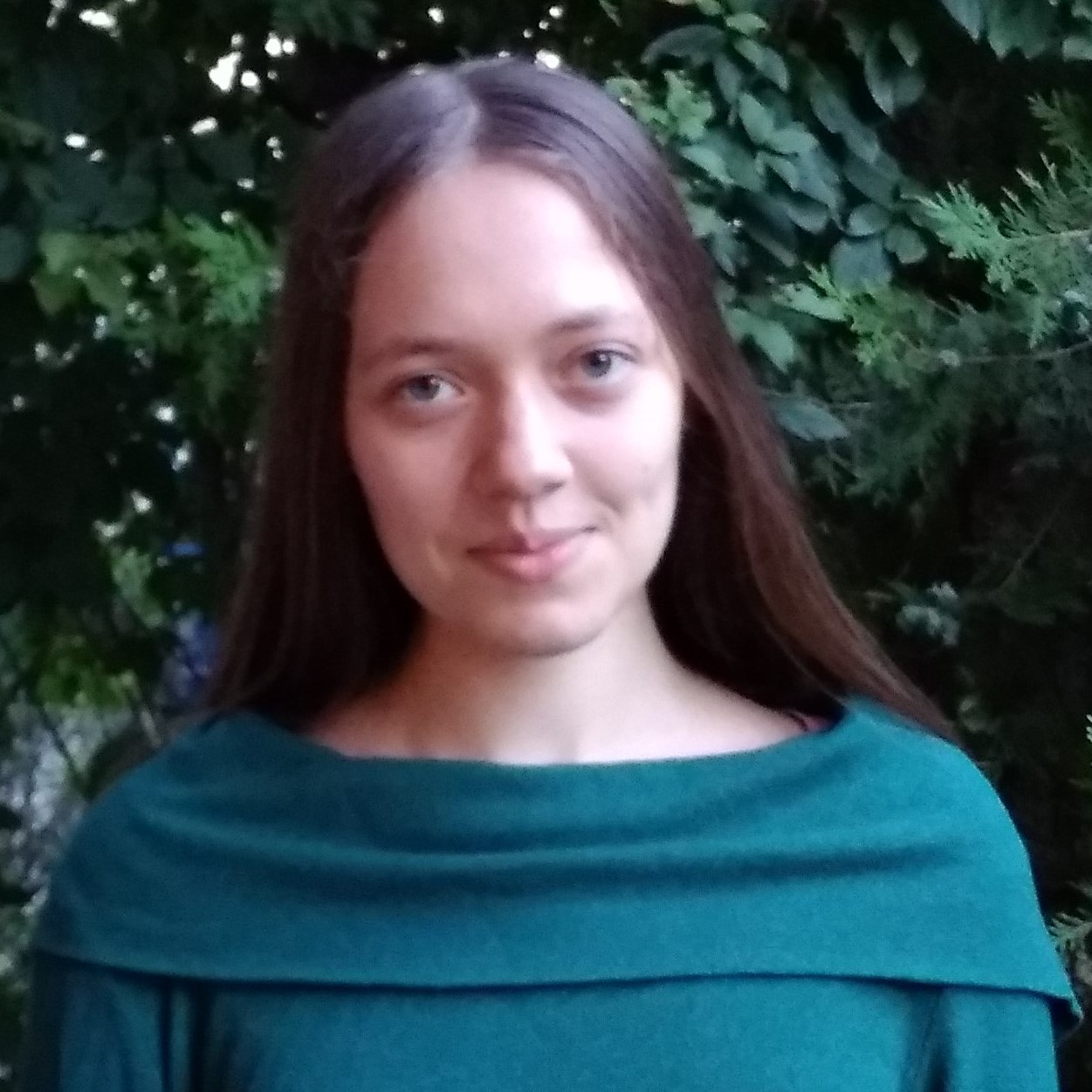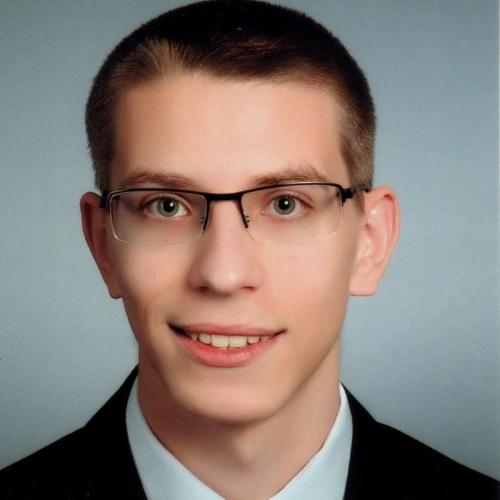ERC Consolidator Grant 772466
Noise-Sensitivity Everywhere (NOISE)
February 2018 - January 2023
Press release of highlighted projects by the European Research Council, including mine.
Mathematical summary:
Noise-sensitivity of a Boolean function with iid random input bits means that resampling a tiny proportion of the input makes the output unpredictable. This notion arises naturally in computer science, but perhaps the most striking example comes from statistical physics, in large part due to the PI: the macroscopic geometry of planar percolation is very sensitive to noise. This can be recast in terms of Fourier analysis on the hypercube: a function is noise sensitive iff most of its Fourier weight is on “high energy” eigenfunctions of the random walk operator.
This project proposes to use noise sensitivity ideas in three main directions:
- Address some outstanding questions in the classical case of iid inputs: universality in critical planar percolation; the Friedgut-Kalai conjecture on Fourier Entropy vs Influence; noise in First Passage Percolation.
- In statistical physics, a key example is the critical planar FK-Ising model, with noise being Glauber dynamics. One task is to prove the noise sensitivity of the macroscopic structure. A key obstacle is that the hyper-contractivity of the critical dynamics is not known.
- Babai's conjecture says that a random walk on any finite simple group, with any generating set, mixes in time poly-logarithmic in the volume. Two key open cases are the alternating groups and the linear groups SL(n, F2). We will approach these questions by first proving fast mixing for certain macroscopic structures. For permutation groups, this is the cycle structure, and it is related to a conjecture of Balint Toth on the interchange process, motivated by a phase transition question in quantum mechanics.
We will also apply ideas of statistical physics to group theory in other novel ways, such as understanding the relation between the first ell-2-Betti number of a group and its measurable cost, or using random walks in a random environment to prove amenability of certain groups.
Project members (past and present):
Ádám Timár (Senior member 2019- Rényi)
Percolation processes and unimodular random graphs.
Ábel Farkas (PostDoc 2018- Rényi)
Fractal percolation, geometric measure theory.
Caio Alves (PostDoc 2020- Rényi)
Percolation theory, loop soup, random graphs.
Olle Elias (PostDoc 2020- Rényi)
Percolation theory, interlacements.
Péter Mester (Part-time senior researcher 2020- Rényi)
Group-invariant percolation processes.
Pál Galicza (PhD student 2014-2020 CEU, PostDoc 2020- Rényi)
Noise sensitivity of Boolean functions and percolation. Sparse reconstruction in spin systems.
Richárd Patkó (PhD student 2017-2018 BME)
Representation theory and random walks on groups
Sándor Rokob (PhD student 2018- BME, co-advised with Balázs Ráth)
Random Interlacements and Uniform Spanning Forests
Gergő Lukáts (MSc student 2019 BME)
Mixing time of critical Ising Glauber dynamics
Mahefa Ravelonanosy (MSc student 2020 CEU, Research intern 2020 Rényi)
Concentration of distances in graph sequences
Head of Group:

Pete Gábor
Senior Research Fellow
-
Research group:Noise-Sensitivity
-
Research department:Probability & statistics
-
Room:R.3.
-
Phone:+3614838346
-
Email:pete.gabor (at) renyi.hu
Employees:

Adam Arras
Research Fellow
-
Research group:Noise-Sensitivity
-
Research department:Probability & statistics
-
Room:I.5.
-
Phone:+3614838303
-
Email:arras.adam (at) renyi.hu

Bartha Zsolt
Research Fellow
-
Research group:Noise-Sensitivity
-
Research department:Probability & statistics
-
Room:III.17.
-
Phone:+3614838349
-
Email:bartha.zsolt (at) renyi.hu

Csókáné Kúsz Ágnes Tímea
Assistant Research Fellow
-
Research group:Noise-Sensitivity
-
Research department:Probability & statistics
-
Room:II.10.
-
Phone:+3614838356
-
Email:kusz.agnes (at) renyi.hu

Ráth Balázs
Research Fellow
-
Research group:Noise-Sensitivity
-
Research department:Probability & statistics
-
Room:III.9.
-
Phone:+3614838313
-
Email:rath.balazs (at) renyi.hu

Jacob Richey
Research Fellow
-
Research group:Noise-Sensitivity
-
Research department:Probability & statistics
-
Room:III.9.
-
Phone:+3614838313
-
Email:richey.jacob (at) renyi.hu

Szőke Márton Péter
Assistant Research Fellow
-
Research group:Noise-Sensitivity
-
Research department:Probability & statistics
-
Room:II.5.
-
Phone:+3614838326
-
Email:szoke.marton (at) renyi.hu

Timár Ádám
Senior Research Fellow
-
Research group:Noise-Sensitivity
-
Research department:Probability & statistics
-
Room:R.3.
-
Phone:+3614838346
-
Email:timar.adam (at) renyi.hu

Bálint Tóth
Research Professor
-
Research group:Noise-Sensitivity
-
Research department:Probability & statistics
-
Room:II.4.
-
Phone:+3614838324
-
Email:toth.balint (at) renyi.hu
